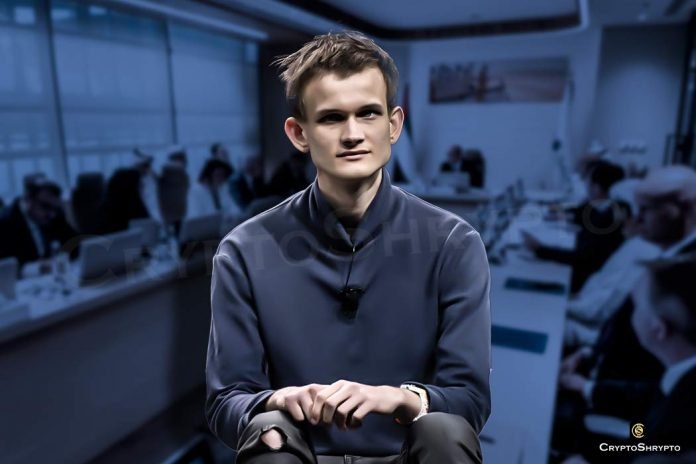Vitalik Buterin, co-founder of Ethereum, has shown support for the new governance structure of Optimism, saying that suggestions like utilising the OP token for gas costs demonstrated a clear representation of non-token-holder concerns.
On June 1, the Ethereum layer-2 scaling solution launched the first wave of its much-anticipated OP token airdrop, which is a part of its new governance initiative, the “Optimism Collective.”
Vitalik Buterin seems unclear about OP gas plan
Although it is unclear whether Vitalik Buterin completely supports a proposal from June 2 to use the OP governance token for gas taxes, or is just pleased that such a conversation is taking place, he stated on Twitter today:
This is a great example of why I'm so proud of @optimismPBC for adding non-token governance (the Citizen House).
Optimism explicitly has goals *other* than just "make OP go up", and the only way to do that long-term is with explicit representation of non-token-holder interests. pic.twitter.com/vofVVx53mC
— vitalik.eth (@VitalikButerin) June 3, 2022
New governing structure of Optimism includes two parties
The new governing structure of Optimism includes two parties known as the “Token House” and the “Citizens’ House.” The first is made up of owners of OP governance tokens, while the latter is made up of soul-bound non-transferable citizenship NFT owners.
The two parties are primarily in charge of separate goals, with the Token House in charge of project incentives, protocol updates, and treasury money, and the Citizens’ House in charge of retroactive public goods financing.
Two of them also share governance choices on network settings and giving new Citizens’ House citizenships.
As per Optimism, the number of citizens in the Citizens’ House will increase over time, and the process for allocating Citizenship rights will be defined by the Foundation with feedback from the Token House.
Mixed reactions for Optimism and the OP gas plan
Vitalik Buterin has stated on multiple occasions that the cryptocurrency industry has to move beyond coin voting in decentralised finance (DeFi) or decentralised governance (DeGov) to avoid the possibility of whale governance token holders controlling the voting process. Vitalik Buterin contends that this can frequently result in the whales accepting proposals that aim to boost the price of specific assets.
While many people agreed with quick and crisp remarks, typically highlighting that this would give OP more value, many others started to explain why they were opposing to the proposal.
One member, Kethic, said,
“I don’t believe this is a smart idea. It feels unproductive to spend voting power on a governing framework.”
User Vrede said,
“Optimism is EVM comparable. Accepting OP tokens as gas implies abandoning EVM equivalency. Furthermore, Optimism must pay Ethereum Mainnet fees in ETH.”




